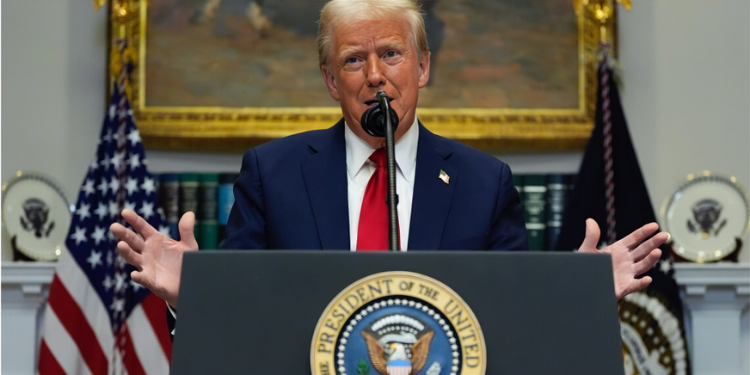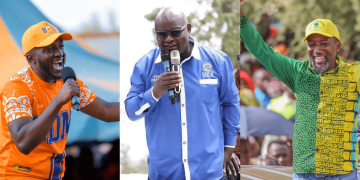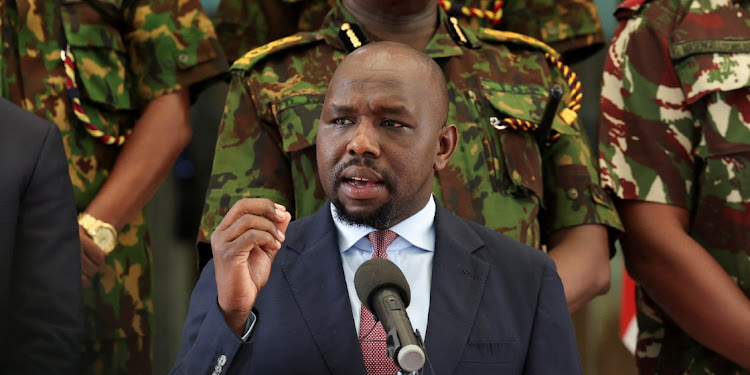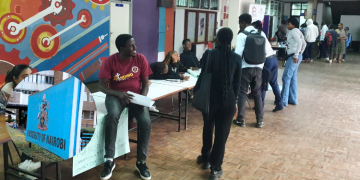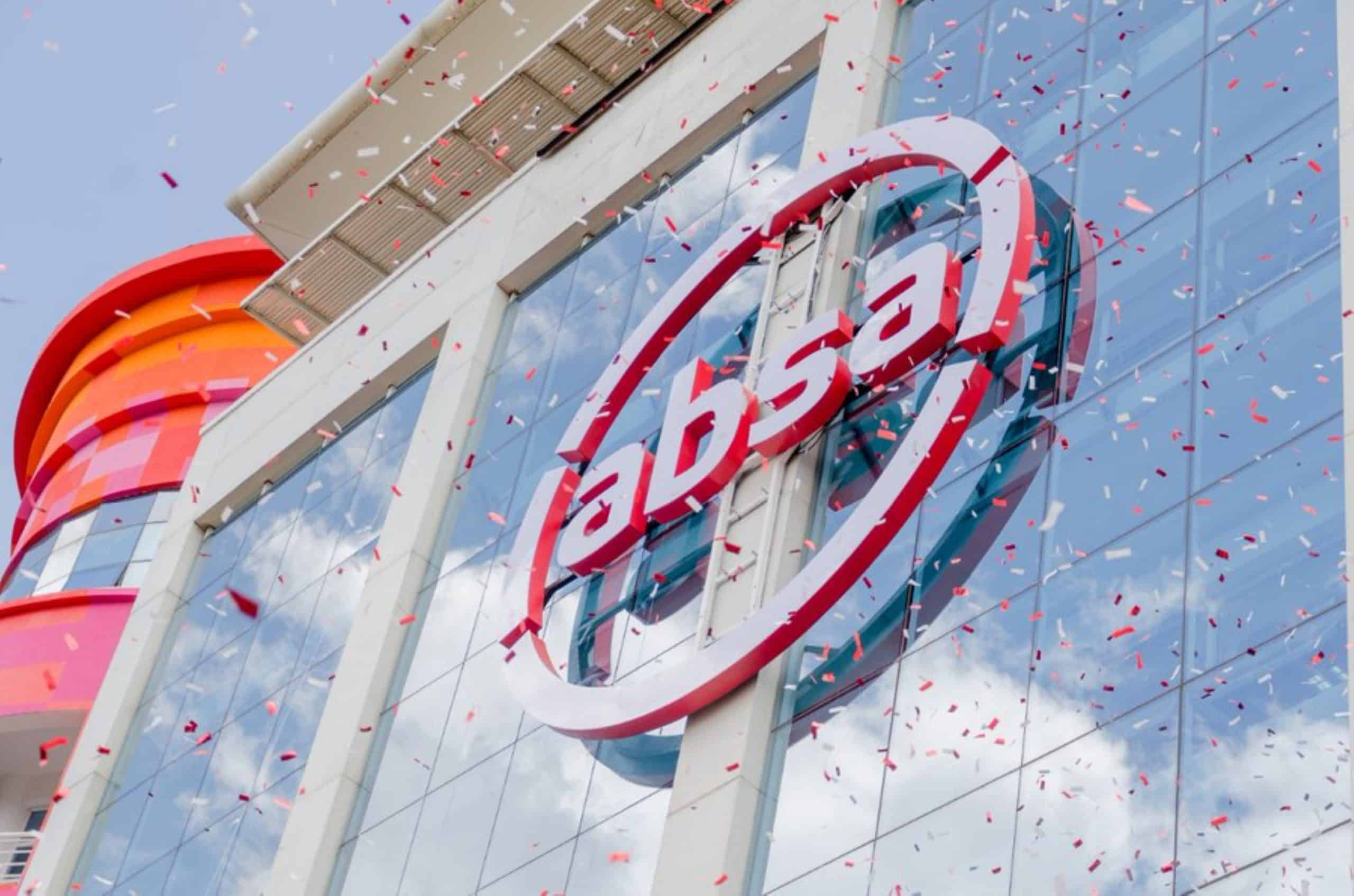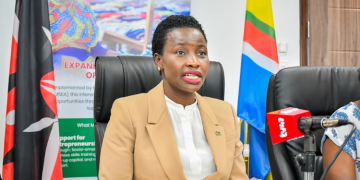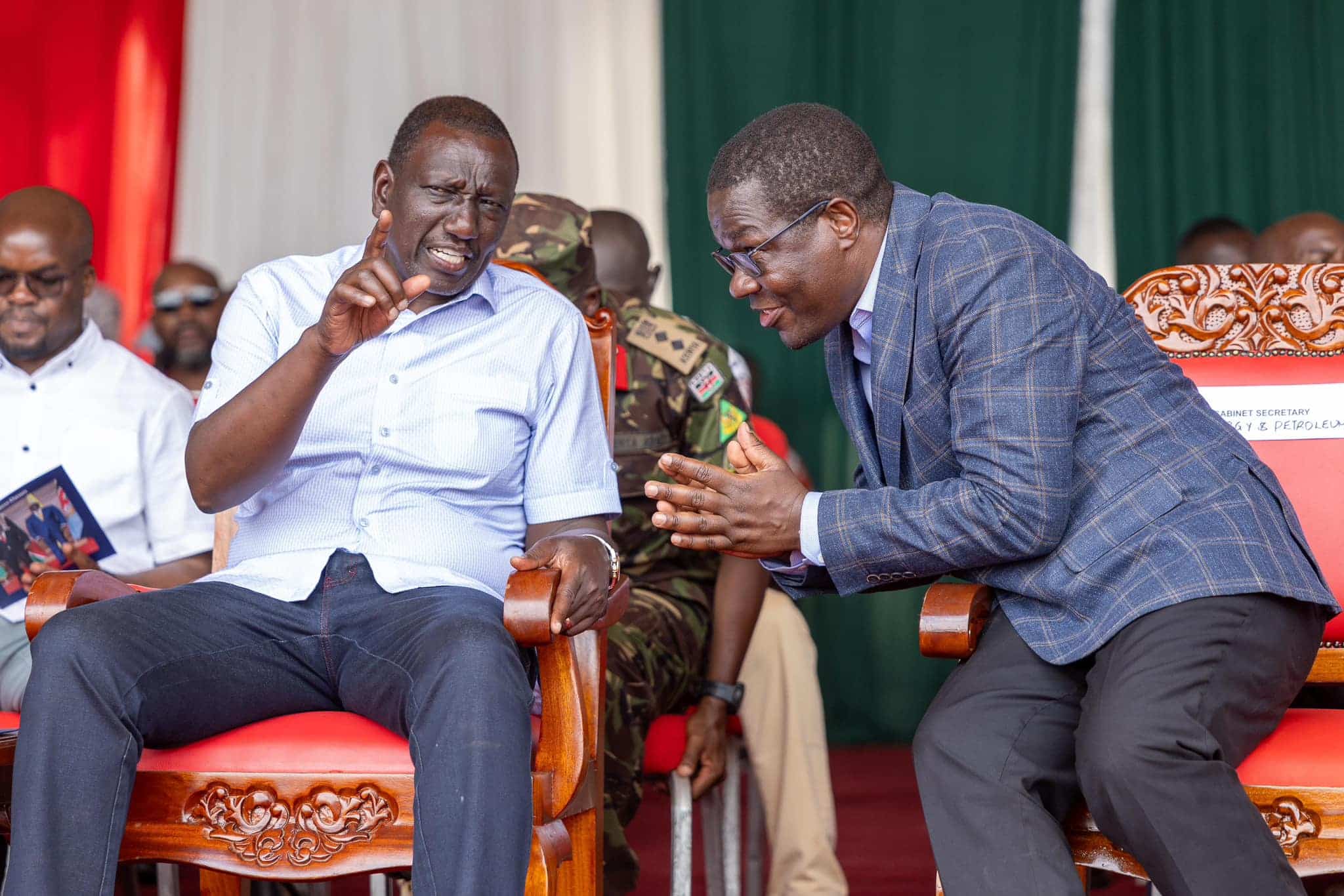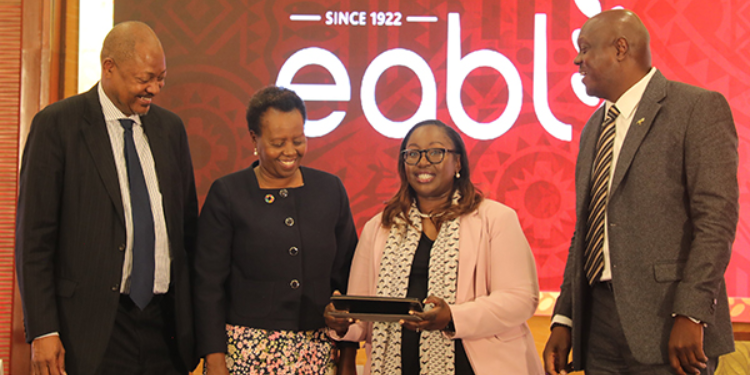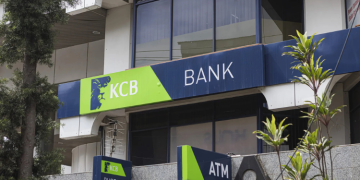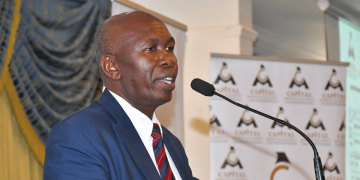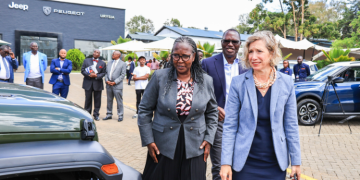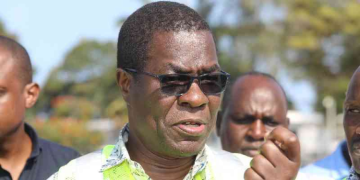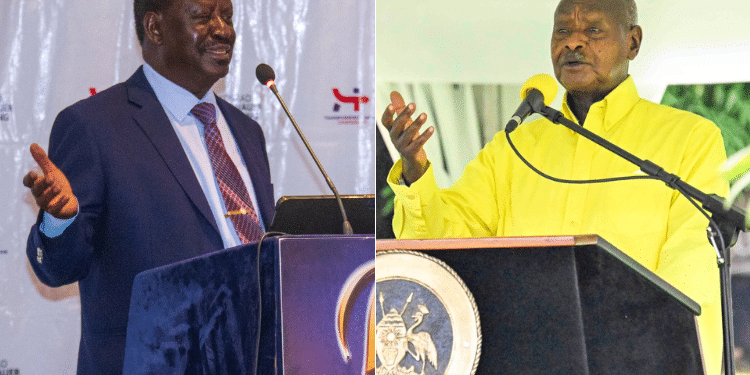National Assembly Majority Leader Kimani Ichung’wah has asked former Prime Minister Raila Odinga to stop dragging Uganda’s President Yoweri Museveni’s name in his fight against the Kenya Kwanza government.
In a statement on Thursday, November 16 regarding the Government to Government (G-to-G) oil deal, Ichung’wah said Odinga’s suggestion that Kenya sources oil products for Uganda is incorrect and aims at creating a bad relationship between the two countries.
“The G-to-G oil deal does not influence Uganda’s oil imports, as Uganda independently procures its oil products and only transships its oil through Kenya’s pipeline.
In this case he must desist dragging Uganda’s President Yoweri Museveni’s name in his shadow boxing against the Kenya Kwanza administration,” said Ichung’wah.
Besides, the Majority Leader dismissed assertions that the landing cost of oil products in neighboring nations of Tanzania and Uganda is cheaper than Kenya.
G-to-G Meaning
Ichung’wah agreed with Odinga that the Kenya Kwanza government Kenya’s Ministry of Energy and Petroleum signed a deal with state-owned (Aramco and ADNOC) petroleum companies in the Middle East (Saudi Arabia and the United Arab Emirates).
Further, he explained that this is what G-to-G means, a contract signed between a government ministry and a state-owned corporation.
“The country was this morning treated to the usual theatrics and a charade in the name of a dossier on the Government-to-Government oil deal signed between Kenya and Saudi Arabia and the United Arab Emirates.
What Mr. Raila Odinga billed as a dossier is nothing short of hot air, political propaganda, and cheap street rumors. His purported dossier lacked substance and is evidently part of his usual propaganda rumor mills,” stated Ichung’wah.
Additionally, he said the global oil prices have been spiking on account of emerging wars in the oil-producing regions in the Middle East and Europe (The Israel -Gaza war and the Russia – Ukraine war).
“The supply cuts by oil-producing countries (OPEC), economic sanctions on Russia, an oil-producing country, and increasing demand for fuel for heating in the West with the onset of winter are all factors contributing to the spike in global oil prices,” he stated.
“It is only recently that the global oil prices are beginning to steady and that has been reflected in the recent EPRA pump price revisions,” he added.

Also Read: Raila Adds Fresh Demand to Talks with Ruto
Raila Allegations on the 3 Oil Companies
In addition, Ichung’wah dismissed Raila’s allegation that the characterization of the oil deal as G-to-G was meant to shield some three Kenyan companies from paying 30 percent corporate tax.
Again, he dared Raila to table such evidence proving that the three companies are not remitting their taxes.
‘For the benefit of Mr. Raila and his ilk, the three companies (Gulf Energy. Galana Oil Kenya Ltd and Oryx Energies Kenya Ltd) are not agents of the Kenya government and are doing coordination on behalf of (Aramco and ADNOC) the two state corporations in Saudi and United Arab Emirates,” said Ichung’wah.
Also, he stated that it is not the business of the Kenya government on who those corporations appoint as their Kenyan partners.
Furthermore, Ichung’wah said the three companies accounted for 80 percent of all oil imports in the country justifying their pick as the local logistics partners even under the Open Tender system.
Also Read: Museveni Signs Oil Deal with Tanzania After Kenya’s Frustrations
Dollar Exchange rate
Besides, he said Raila is aware of the many factors influencing Kenya’s current foreign exchange reserve and consequently the exchange rate.
According to Ichung’wah, oil marketers led by the VIVO Energy CEO were the first group that sought an appointment with the President William Ruto upon assuming office in 2022.
“The oil marketers were choked by the policies of the previous regime that Raila fervently supported. The OMCs were struggling to raise an average of USD 500M a month,” noted Ichung’wah.
Additionally, he said many small oil companies had closed shops as they could neither access fuel supply nor dollars in the market.
He accused former President Uhuru Kenyatta and Raila of spending $2 billion of Kenya’s foreign exchange reserve to artificially prop up the Kenyan.
“It is against this background that the Kenyan government negotiated for the G-to-G to solve this problem created by Mr. Raila and his handshake brother (Uhuru),” said Ichung’wah.
For this reason, Ichung’wah said Raila should not seek to score cheap political points on the back of a problem he and Uhuru.



